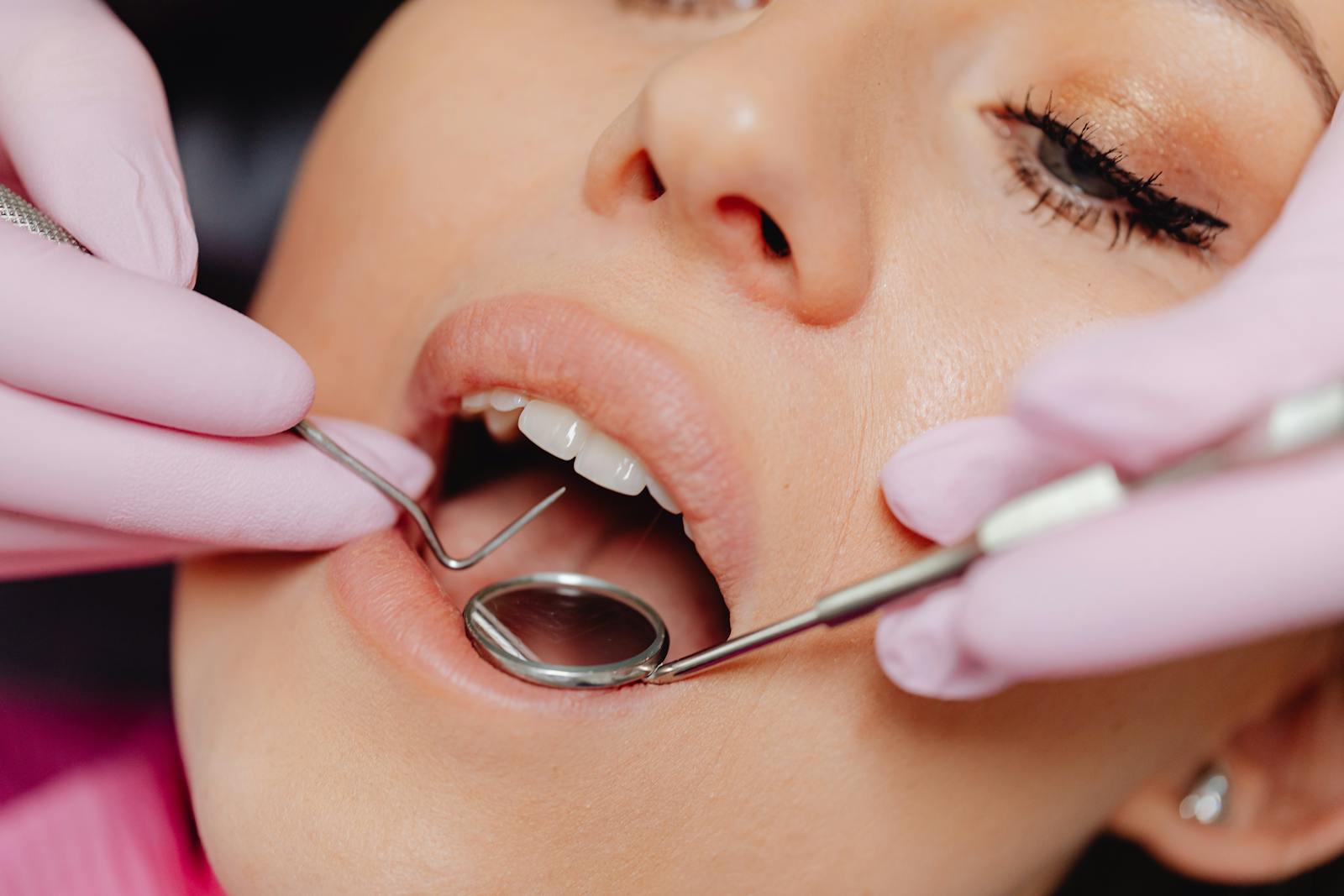10 Signs Of Unhealthy Teeth And Gums To Watch Out For
The majority of people are aware that good oral hygiene will prevent gum disease and tooth decay.
However, not everyone is aware of the symptoms of unhealthy teeth and gums.
The most typical symptoms of unhealthy gums and teeth are discussed here.
1. Smelling breath.
While having bad breath from time to time is fairly normal, persistent bad breath may indicate unhealthy teeth and gums.
Poor oral hygiene, the foods you eat, drinking alcohol, and smoking can all contribute to bad breath.
However, it could also be a sign of gum disease or other problems with your health that go beyond your mouth.
It is essential to visit a dentist for a diagnosis because there are numerous potential causes of bad breath.
2. Gum swelling or bleeding.
Gums that bleed when brushing or flossing, or are tender to the touch are strong indications that your gums may not be healthy.
Gums that are in good health are typically pale pink and pliable to the touch.
Bleeding from swollen, distressed gums can occur quickly.
Therefore, you should not ignore bleeding gums if you notice it frequently.
Gingivitis or gum disease could be the cause of red, inflamed, and painful gums.
Gum disease and gingivitis can be treated early on.
However, if left untreated, they can lead to serious issues with one's oral and overall health.
3. Mouth sores that persist.
On the inside of your mouth, red or yellow sores are called mouth ulcers.
They are not the same as cold sores caused by viruses that appear on the lips' outside.
Damage from biting your tongue or cheek can result in ulcers, which are likely to resolve on their own and only occur once.
It is unknown what causes the kind of ulcers that keep coming back, which affect both children and adults.
If your mouth ulcer doesn't heal in three weeks, it could mean that there's something more serious going on underneath.
4. Sensitivity on teeth.
Teeth that become sensitive to hot or cold foods or beverages are a common symptom.
If you find that you stutter while flossing or brushing your teeth, this could be another sign.
Several dental issues, including cavities, cracked teeth, worn fillings, thin tooth enamel, an exposed tooth root, and gum disease, can lead to sensitive teeth.
Sensitivity in the teeth is not only a sign of unhealthy teeth and gums but also a problem to live with.
5. Loose Teeth.
One of the telltale signs of unhealthy teeth and gums is loose teeth.
When oral hygiene is neglected to the point where the tissues surrounding the tooth begin to disintegrate, loose teeth are frequently the result.
Even if you brush and floss every day, using the wrong method will not remove plaque from your teeth.
Osteoporosis, particularly in the elderly, an impact during a fall or other incident can also cause loose teeth.
If you have a loose "adult" tooth, you need to go to the dentist right away, and you shouldn't touch or wiggle the tooth while you wait.
6. Teeth getting darker.
Your teeth can become darker if you smoke, consume alcoholic beverages, or take certain medications.
However, this kind of darkening typically affects all or a number of teeth.
If you notice that just one tooth is getting darker, it could be a sign of something more serious.
Darkening of your teeth can be caused by trauma.
This darkening is similar to a bruise that will heal over time in cases of mild to moderate trauma.
However, a dead nerve can cause permanent darkening in cases of moderate to severe tooth trauma.
Additionally, if your tooth has infected pulp as a result of untreated decay, the darkening may occur.
This kind of tooth discoloration is frequently a sign that you need root canal therapy to save your tooth.
7. White tongue.
Depending on what you've eaten recently, your tongue may change color.
However, your mouth may not be as healthy as you think if you notice that your tongue typically appears white and coated.
While brushing their teeth, many people neglect to brush their tongue.
A buildup of bacteria results in the formation of a white coating.
This buildup is one of the most common causes of bad breath and unhealthy dental conditions.
8. Your teeth keep getting clogged with food.
It's possible that you have a cavity that is getting bigger if you find yourself constantly removing food from your smile.
If you brush and floss as usual but constantly feel like food is stuck between your teeth, this could be a sign of a hidden cavity between your teeth that you can't see.
9. Your teeth have white spots.
One of the first signs of a cavity could be white patches on your teeth.
With porosity and weakened enamel, white spots may indicate early tooth decay.
The decay in your teeth is usually hidden in places you can't see, like between teeth or on the back of your teeth, making it hard to see with your own eyes.
10. Jaw is tense in the morning.
Jaw clenching or tooth grinding might be to blame if you frequently wake up with a sore jaw or a mild headache.
During times of stress, many people clench their jaw or grind their teeth at night.
Teeth can become sensitive to heat, cold, or even just pressure if they are clenched or grinded.
Patients who notice themselves clenching or grinding their teeth during stressful situations are frequently acutely aware of their condition.
Teeth grinding can have a negative effect on the jaw joint, which is similar to the elbow or knee.
If it becomes unhealthy, it may click or pop out of its socket.

Comments
Post a Comment